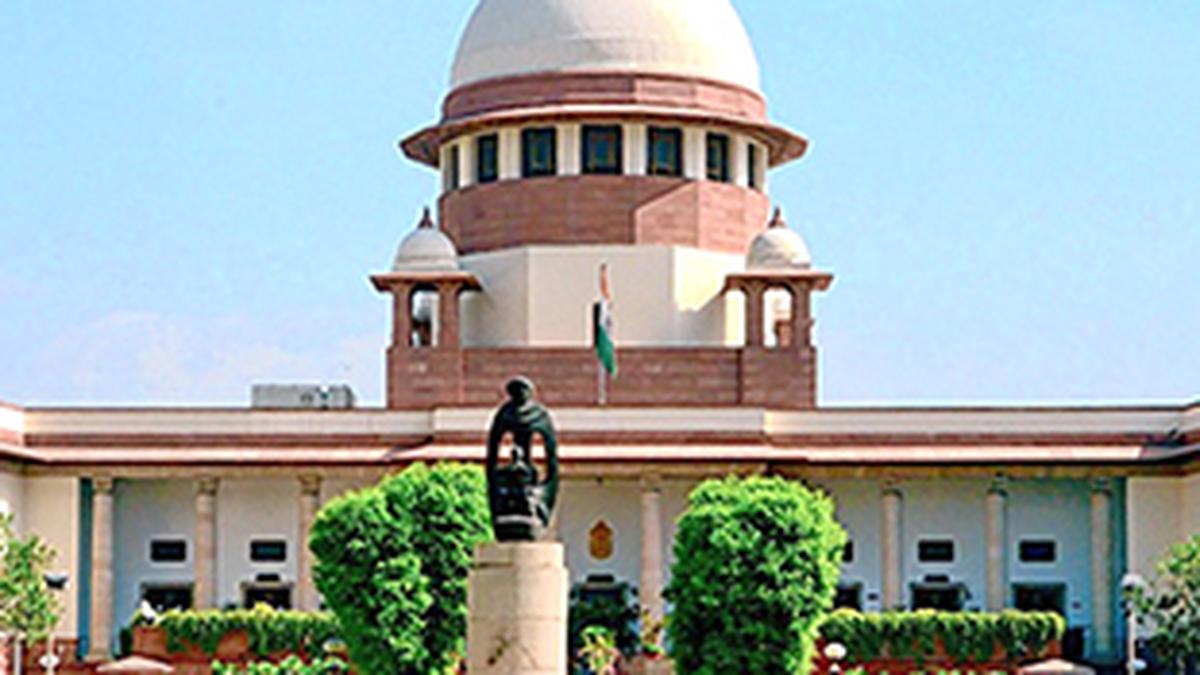
Supreme Court sets aside High Court order dismissing plea challenging Mizoram Government’s notification on Scheduled Tribe quota
The Hindu
The Supreme Court on Monday set aside a Gauhati High Court order dismissing a petition seeking to quash a Mizoram Government notification which arbitrarily sub-classified the Scheduled Tribes of the State while allegedly discriminating against non-Mizo Scheduled Tribes.
The Supreme Court on Monday set aside a Gauhati High Court order dismissing a petition seeking to quash a Mizoram Government notification which arbitrarily sub-classified the Scheduled Tribes of the State while allegedly discriminating against non-Mizo Scheduled Tribes.
The High Court had rejected the petition on June 21 on the ground that a legal question related to the State notification was pending before a Constitution Bench of the Supreme Court.
A three-judge Bench headed by the Chief Justice of India D.Y. Chandrachud, in its order, observed that the High Court ought not to have dismissed the petition merely on the ground that there was a reference pending before a Constitution Bench. The apex court ordered the petition to be restored in the files of the High Court.
The notification in question is Mizoram (Selection of Candidates for Higher Technical Courses) (Amendment) Rules notified in May 2021.
The Mizoram Chakma Students’ Union, represented by senior advocate Aditya Sondhi and advocate Vikram Hegde, contended that the State notification reserves 93% seats in higher technical education exclusively for permanent residents of Mizoram belonging to Category I, which consists solely of the Zo ethnic tribe or the majority Mizos. On the other hand, only 1 % of seats were designated for ‘children of other local permanent Scheduled Tribe (ST) (Non-Zo) residents of the State of Mizoram’, who are placed in Category II.
The students’ union had argued in the High Court that the notification violated the Supreme Court judgment in the E.V. Chinnaiah case, which had held that sub-classification of Scheduled Tribes was not permissible.













